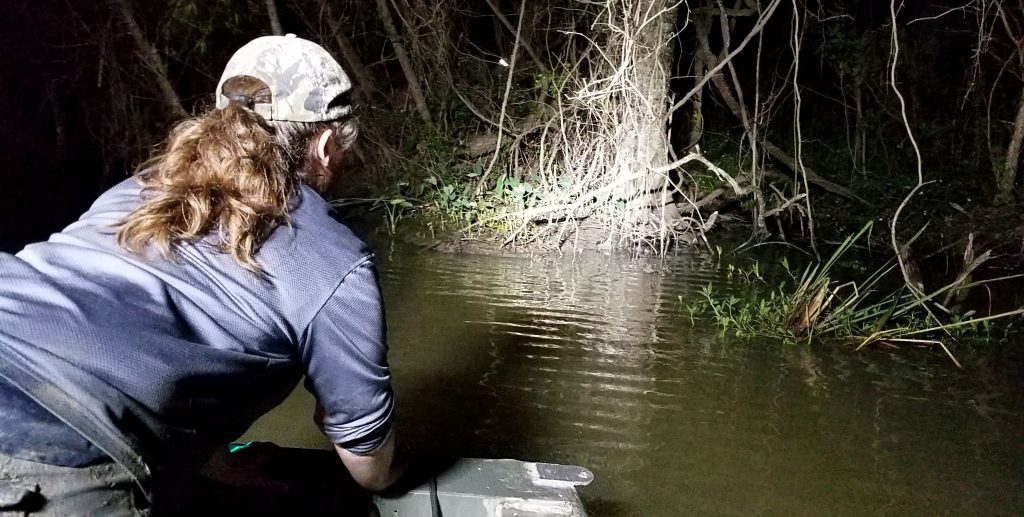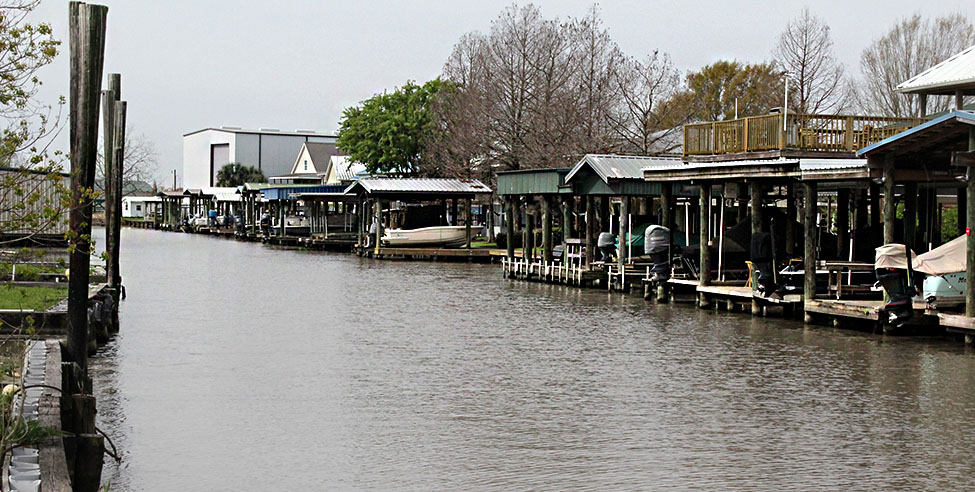Takin’ Aim // Huntin’ Down the Bayou

by LaToya Roberts, managing editor Hunting in South Louisiana is a way of life that dates back to the first settlers of the region. It’s a a life of enjoying and living off of the abundant natural resources like ducks, deer, squirrels and rabbits. “It’s here and we have it here to enjoy,” says Capt. […]
Bayou Campin’ // Elevated Livin’

by Mallory Matherne, co-features editor Camping in South Louisiana is the Cajun way of taking time off and getting together with family and friends to play in the water — whether it’s boating, swimming or hunting and fishing. Louisiana isn’t home to many beaches, so locals make do with what they have building get-away homes […]
